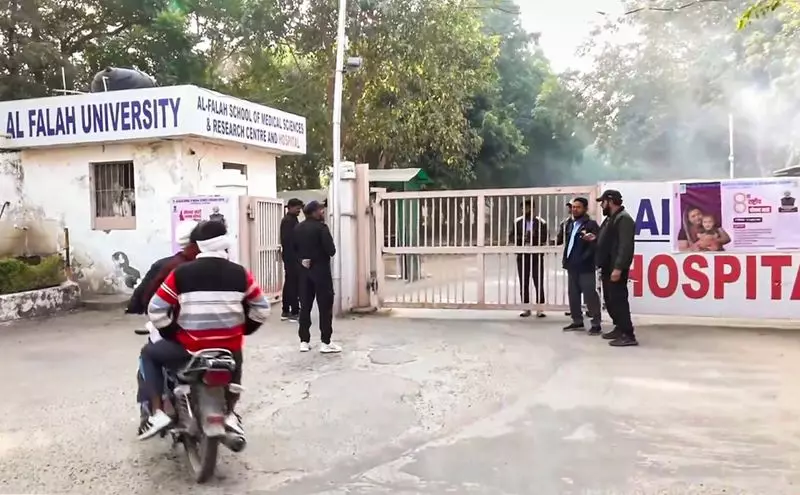
Delhi Police's Special Cell has uncovered a significant connection between a graduate from Al-Falah University in Dhauj, Faridabad, and the banned terrorist organization Indian Mujahideen. The investigation has revealed troubling details about how educational institutions can become recruiting grounds for extremist activities.
The Key Suspect and His Background
Mohammed Shakeel, identified as the central figure in this probe, completed his graduation from Al-Falah University before allegedly joining the Indian Mujahideen ranks. According to police documents, Shakeel has been named in multiple First Information Reports (FIRs) related to terrorist activities across the country.
The investigation shows that Shakeel maintained active communication with other suspected Indian Mujahideen members through various encrypted platforms. Police sources indicate that his educational background provided him with technical knowledge that he potentially utilized for coordinating terrorist operations.
University Under Scanner
Al-Falah University, located in the Dhauj area of Faridabad, has come under increased scrutiny following these revelations. The institution, which offers various undergraduate and postgraduate programs, now faces questions about its campus security and student monitoring systems.
Law enforcement agencies are particularly concerned about how radicalization processes might be occurring within educational environments. The case has prompted security agencies to increase surveillance around educational institutions that might be vulnerable to extremist infiltration.
Ongoing Investigation and National Security Implications
Delhi Police's Special Cell has been working closely with other national security agencies to unravel the complete network. Investigators are focusing on determining how many other students or alumni might have been radicalized through similar channels.
The probe has expanded to include multiple states as authorities attempt to map the entire network of Indian Mujahideen operatives connected to educational institutions. Security experts emphasize that this case highlights the evolving tactics of terrorist organizations in recruiting educated youth.
Counter-terrorism units have increased their vigilance around educational institutions while maintaining that the majority of students remain law-abiding citizens. The investigation continues to develop as authorities work to prevent any potential security threats arising from such networks.





